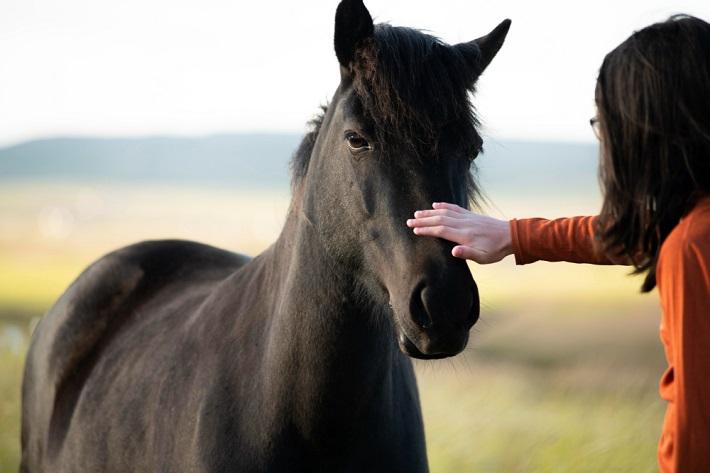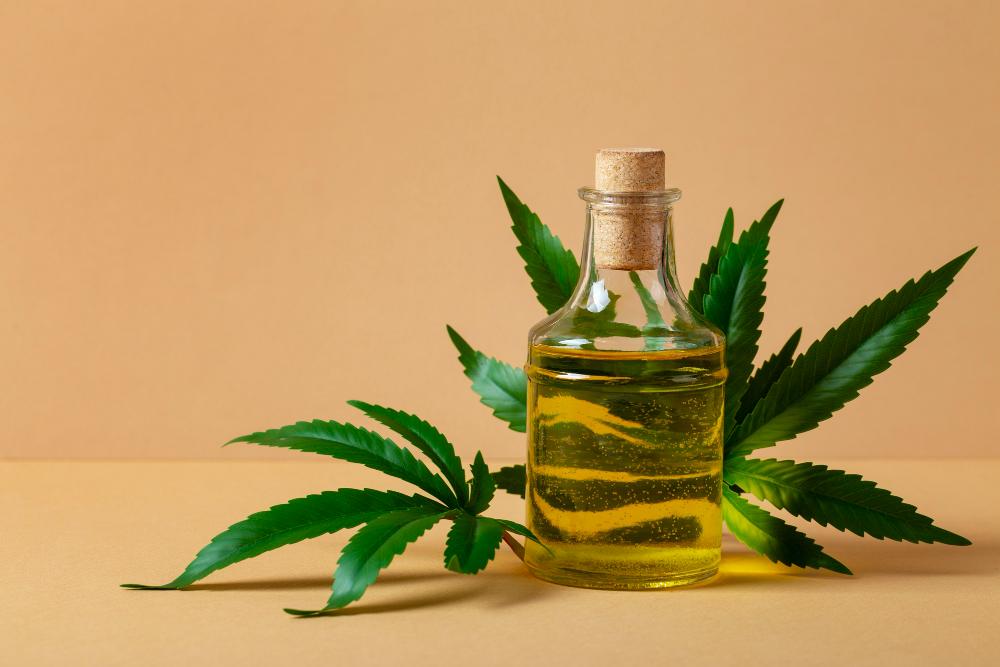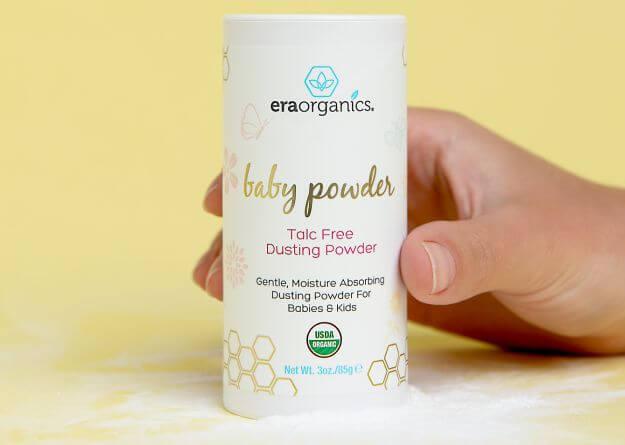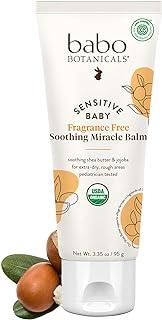Vitamin E is a crucial nutrient for horses, playing a vital role in various physiological processes. For young and training horses, maintaining optimal health and performance is at most importance. As these horses are in a critical stage of growth and development, ensuring they receive adequate nutrition, including essential vitamins, is necessary for their overall well-being. In this article, we will see the importance of vitamin E supplements for horses and its role in equine health.
Vitamin E is a fat-soluble vitamin known for its potent antioxidant properties. It exists in several forms, with alpha-tocopherol being the most biologically active in horses. As an antioxidant, it helps protect cells from oxidative damage caused by free radicals. These free radicals are unstable molecules that can damage cells, proteins, and DNA, leading to various health issues. By neutralizing free radicals, vitamin E helps maintain cellular integrity and supports numerous bodily functions. Vitamin E supplement for horses play an important role in maintaining the required vitamin E levels as it cannot be synthesized naturally by the horses.
Importance of vitamin E in equine health
Antioxidant properties
One of the primary roles of vitamin E is its function as an antioxidant. During metabolism and physical activity, horses produce free radicals. While some free radicals are necessary for normal cellular functions, an excess can lead to oxidative stress, which damages cells and tissues. Vitamin E mitigates this damage by neutralizing free radicals, thereby protecting the horse’s cells and supporting overall health.
Supports immune system
Vitamin E is crucial to support immune system. It enhances the function of immune cells, helping horses fight off infections and recover from illnesses more effectively. For young horses with developing immune systems and training horses exposed to various stressors, adequate vitamin E is essential to maintain their health and resilience against diseases.
Maintains muscle health and function
Vitamin E is crucial for maintaining muscle health and function. It supports the structural integrity of muscle cell membranes, protecting them from damage during physical exertion. For training horses, that engage in intense exercise, this protection is vital to prevent muscle damage, reduce recovery time, and enhance performance.
Maintains neurological health
Vitamin E also plays a role in maintaining neurological health. It helps protect nerve cells from oxidative damage, supporting proper nerve function. This is particularly important for young horses whose nervous systems are still developing and training horses that rely on optimal neuromuscular coordination for peak performance.
Enhances digestion
Due to the ability of vitamin E to support and enhance the digestion and nutrient absorption, it may be included in the horse weight gain supplement to ensure the horses effectively utilise the nutrients to support healthy weight gain.
Helps improve performance
By protecting muscles from damage and supporting overall health, vitamin E contributes to improved performance in training horses. Healthy muscles recover faster and perform better, while a robust immune system ensures horses remain healthy and capable of rigorous training.
Sources of Vitamin E for horses
Natural sources
Vitamin E is naturally present in various feedstuffs. The primary natural sources include:
Fresh pasture: Fresh, green pasture is one of the best natural sources of vitamin E. Horses grazing on high-quality pasture typically receive adequate amounts of this vitamin.
Hay: While hay can provide vitamin E, its content diminishes over time due to exposure to air and light. Horses relying solely on hay, especially if it is older, may require supplementation.
Cereal grains: Some cereal grains, such as oats and barley, contain vitamin E, though in lower amounts compared to fresh pasture.
Vitamin E supplements
Given the variability in natural sources, vitamin E supplements are often necessary to ensure horses receive adequate amounts. Supplements come in various forms, including:
Natural vitamin E (d-alpha-tocopherol): This form is derived from plant oils and is more bioavailable than synthetic forms. It is typically more effective in raising vitamin E levels in horses.
Synthetic vitamin E (dl-alpha-tocopherol): While less bioavailable than natural vitamin E, synthetic forms are commonly used due to their lower cost.
By providing vitamin E through natural sources and supplements, horse owners and trainers can support their horses’ health, promote healthy weight gain, and enhance their performance.






